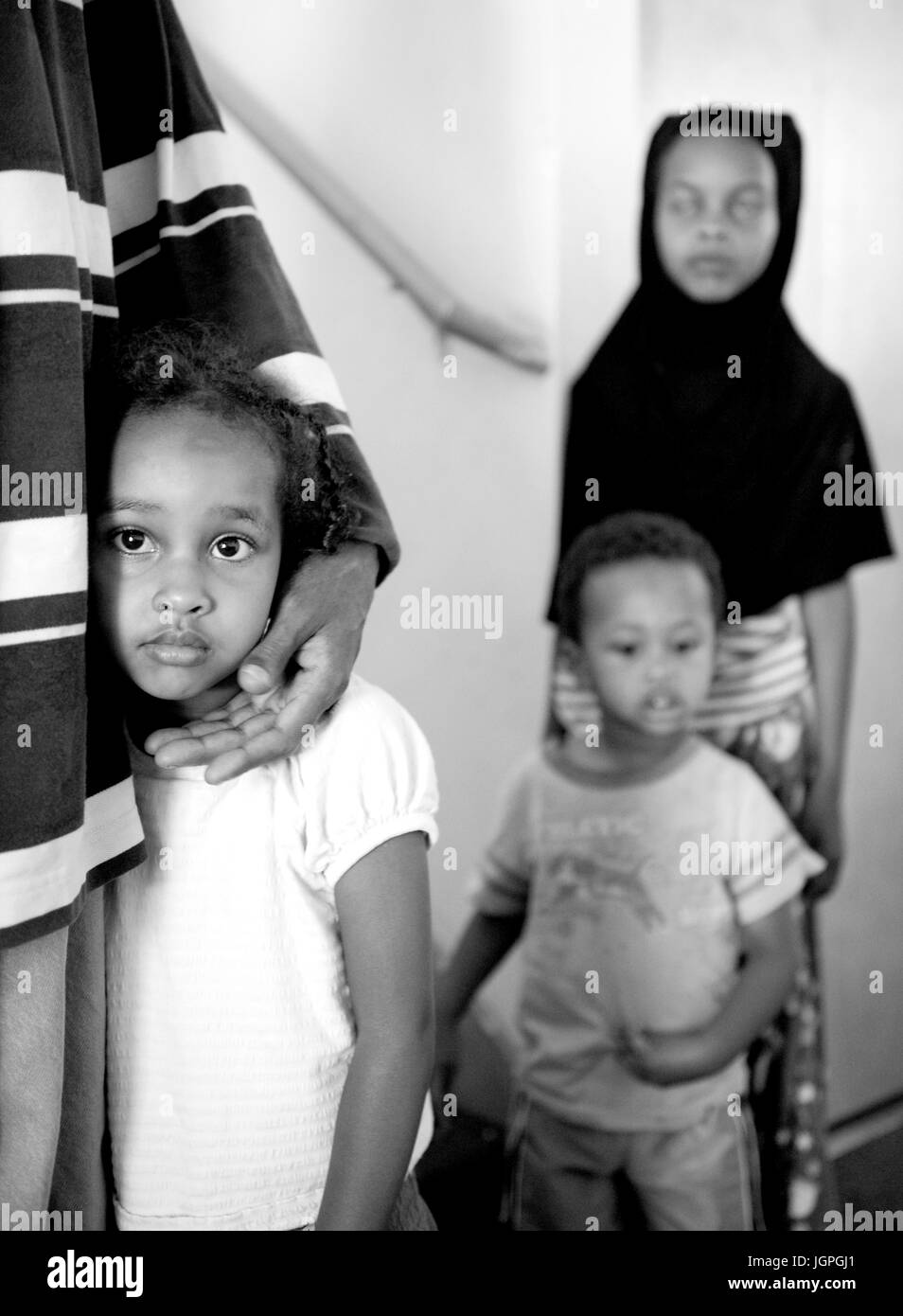Why is the Somali Student Association's event in Minnesota such a significant cultural milestone? The celebration of Somali Night 2025 at Northrop not only marks the association's 27th year on the University of Minnesota Twin Cities campus but also serves as a vibrant testament to the rich cultural heritage that Somali students bring to the academic community. This event is more than just a gathering; it is a powerful statement about the resilience and contributions of Somali youth in America.
The SSA’s efforts extend beyond mere celebrations. Their initiatives, like the recent Somali Night, aim to foster a deeper understanding and appreciation of Somali culture among both the student body and the broader public. Markaad gaarto da'ada 15 sano iyo lix bilood, waxaad buuxinaysaa shardiga ugu yar ee da'ada si aad u marto baaritaanka araga iyo imtaxaanka aqoonta. Such events are pivotal in bridging gaps and creating an inclusive environment where diverse cultures can thrive together.
| Name | Somali Student Association (SSA) |
|---|---|
| Founded | 1998 |
| Location | University of Minnesota Twin Cities Campus |
| Mission | To celebrate and promote Somali culture, support academic excellence, and foster community engagement. |
| Website | SSA UMN Official Website |
Organizations like the Somali Community Resettlement Services (SCRS) play a crucial role in supporting immigrant communities. SCRS has been instrumental in assisting refugee families to secure basic needs and resources for self-sufficiency while helping them acclimate to a new way of life. Their mission to advance the social well-being of immigrants and refugees through much-needed community and resettlement services aligns closely with the SSA’s objectives of fostering inclusivity and mutual respect.
In Minnesota, voting rights and civic participation are emphasized through various platforms. Codbixinta Minnesota Gudaheeda (Voting in Minnesota - Somali) provides essential information to ensure that Somali residents understand their voting rights and how they can participate effectively in the democratic process. Office of the State Of Minnesota Secretary of State offers resources that are vital for empowering Somali citizens to engage fully in local governance and decision-making processes.
Judicial resources available in Somali language further underscore the commitment towards inclusivity and accessibility within the legal system. Although your browser may encounter limitations in playing certain videos, additional resources are accessible via YouTube, ensuring that critical judicial information reaches all segments of the population without barriers.
Health disparities affecting Somali immigrant populations have drawn attention from researchers and healthcare providers alike. Higher rates of cesarean sections found in Somali immigrant women highlight the need for targeted interventions aimed at addressing perinatal care disparity gaps. These findings emphasize the importance of culturally sensitive healthcare practices that consider unique challenges faced by specific ethnic groups.
Established institutions like The Somali Museum of Minnesota continue to preserve and showcase the rich artistic and historical legacy of Somali people. Founded in 2011, this museum opened its doors in 2013 as North America's first dedicated space for Somali art and history. With ongoing renovations and redesigns, the museum invites visitors to explore newly curated exhibits that reflect contemporary Somali experiences alongside traditional artifacts. After months of preparation, their latest gallery opening promises an enriching experience for all attendees.
As these organizations and initiatives evolve, they collectively contribute to shaping a society where diversity is celebrated, and every individual's voice is heard. Through education, advocacy, and cultural preservation, the SSA and allied entities pave the way for future generations to embrace their identities proudly while contributing meaningfully to their communities.
This interconnected network of support systems ensures that Somali voices remain central in discussions about equity, justice, and opportunity. By amplifying these narratives, we move closer to realizing a world where cultural richness enhances our collective human experience rather than divides it.




